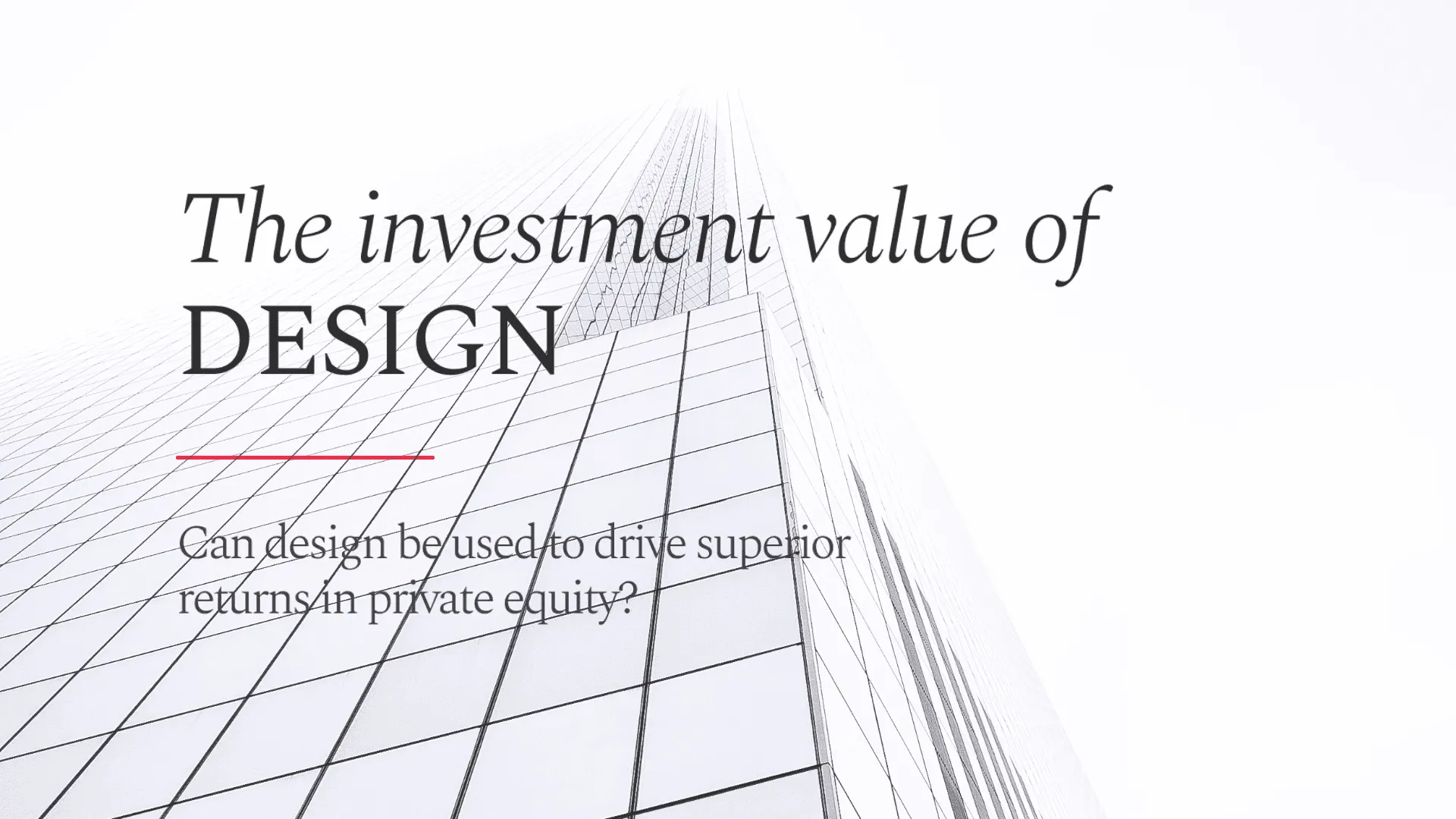Islamic banking has long been a cornerstone of the UAE’s financial landscape, offering an alternative to conventional banking that aligns with the principles of Shariah law. As the UAE continues to position itself as a global financial hub, Islamic banking is poised for significant growth and transformation. This evolution is driven by a combination of technological advancements, regulatory support, and an increasing demand for ethical and socially responsible financial products.

The future of Islamic banking in the UAE is not just about maintaining traditional values but also about embracing innovation and expanding into new markets. As the industry navigates this dynamic environment, key players such as Dubai Islamic Bank, Abu Dhabi Islamic Bank, and Emirates Islamic are at the forefront of pioneering the next wave of financial services.
The Growth of Islamic Banking in the UAE
Islamic banking in the UAE has experienced substantial growth over the past few decades, fueled by the country’s commitment to becoming a leading global center for Islamic finance. According to the Central Bank of the UAE, Islamic banking assets in the country accounted for over 20% of the total banking sector assets by 2023, with a continued upward trajectory expected in the coming years.
This growth can be attributed to several factors, including a strong regulatory framework, increasing consumer awareness of Shariah-compliant products, and the UAE’s strategic location as a bridge between the East and the West. The UAE government has played a crucial role in supporting the Islamic banking sector through initiatives such as the Dubai Islamic Economy Development Centre (DIEDC), which aims to position Dubai as the global capital of the Islamic economy.
Moreover, the rise of digital banking and fintech has opened new avenues for Islamic banks to reach a broader customer base and offer more innovative products. As younger, tech-savvy consumers seek financial services that align with their ethical values, Islamic banks are uniquely positioned to meet this demand.
Innovations in Islamic Banking
The future of Islamic banking in the UAE will be shaped by innovations in technology and financial products. Digital transformation is a key trend that is redefining how Islamic banks operate and interact with their customers. As consumers increasingly prefer digital channels, Islamic banks are investing heavily in fintech solutions to enhance customer experience and streamline operations.
For example, Emirates Islamic has launched its ‘Emirates Islamic Smart Banking’ platform, offering a range of digital services such as mobile banking, online account opening, and instant personal financing, all within the framework of Shariah compliance. This platform is designed to meet the needs of a new generation of customers who expect seamless, convenient, and secure banking experiences.
Similarly, Abu Dhabi Islamic Bank (ADIB) has embraced digital innovation with the launch of its ADIB Express branches, which combine traditional banking services with cutting-edge technology. These branches offer customers the ability to conduct most banking transactions through self-service kiosks, reducing the need for face-to-face interactions while still adhering to Shariah principles.
Another notable innovation is the use of blockchain technology in Islamic banking. Dubai Islamic Bank, one of the largest Islamic banks in the UAE, is exploring blockchain’s potential to enhance transparency and efficiency in banking transactions. Blockchain technology can ensure that contracts are executed in a manner that is fully compliant with Shariah law, providing an added layer of trust and security for customers.
Sustainability and Ethical Finance
As global awareness of environmental, social, and governance (ESG) issues continues to rise, Islamic banks in the UAE are increasingly focusing on sustainability and ethical finance. The principles of Islamic finance, which emphasize fairness, transparency, and social responsibility, naturally align with the goals of sustainable development.
Islamic banks are now looking to integrate ESG factors into their operations and product offerings. For instance, Dubai Islamic Bank has launched a Green Sukuk initiative aimed at financing environmentally sustainable projects. This move not only supports the UAE’s national sustainability agenda but also attracts investors who are looking for Shariah-compliant, socially responsible investment opportunities.
In addition to green finance, Islamic banks are also focusing on financial inclusion as a key aspect of their sustainability efforts. By offering microfinance products that cater to the needs of underserved communities, Islamic banks are playing a crucial role in promoting economic development and social equity in the UAE.
Challenges and Opportunities
While the future of Islamic banking in the UAE is bright, the industry faces several challenges that must be addressed to ensure sustained growth. One of the primary challenges is the need for continued innovation in product offerings to keep pace with changing consumer expectations and market dynamics.
Another challenge is the need for greater standardization in Islamic banking practices. While the principles of Shariah law are universally recognized, there can be variations in interpretation that lead to inconsistencies in product offerings and customer experiences. The UAE’s regulatory authorities, including the Central Bank and the Higher Shariah Authority, are working to address these issues by promoting standardization and harmonization across the industry.
Additionally, Islamic banks must navigate the competitive landscape, where conventional banks are also vying for market share by offering Shariah-compliant products. To stay ahead, Islamic banks need to differentiate themselves by leveraging their unique value proposition and focusing on customer-centric innovation.
Despite these challenges, the opportunities for growth in the UAE’s Islamic banking sector are immense. The country’s strategic location, supportive regulatory environment, and strong demand for ethical finance position it well to lead the global Islamic banking industry.
Looking Ahead: The Future of Islamic Banking in the UAE
As the UAE continues to evolve as a global financial hub, the future of Islamic banking will be defined by a commitment to innovation, sustainability, and ethical finance. Key players like Dubai Islamic Bank, Abu Dhabi Islamic Bank, and Emirates Islamic are already setting the stage for this transformation by embracing digital technologies, exploring new financial products, and focusing on sustainable development.
The rise of fintech, the growing importance of ESG factors, and the increasing demand for Shariah-compliant products will drive the next wave of growth in the Islamic banking sector. By staying true to their core values while embracing innovation, Islamic banks in the UAE can continue to play a vital role in shaping the future of the global financial landscape.
The future of Islamic banking in the UAE is not just about maintaining the status quo—it’s about leading the way in a rapidly changing world. With the right strategies and a forward-looking approach, Islamic banks in the UAE are well-positioned to unlock new opportunities, drive growth, and continue their journey as pioneers of ethical finance.
Jul 29, 2024






